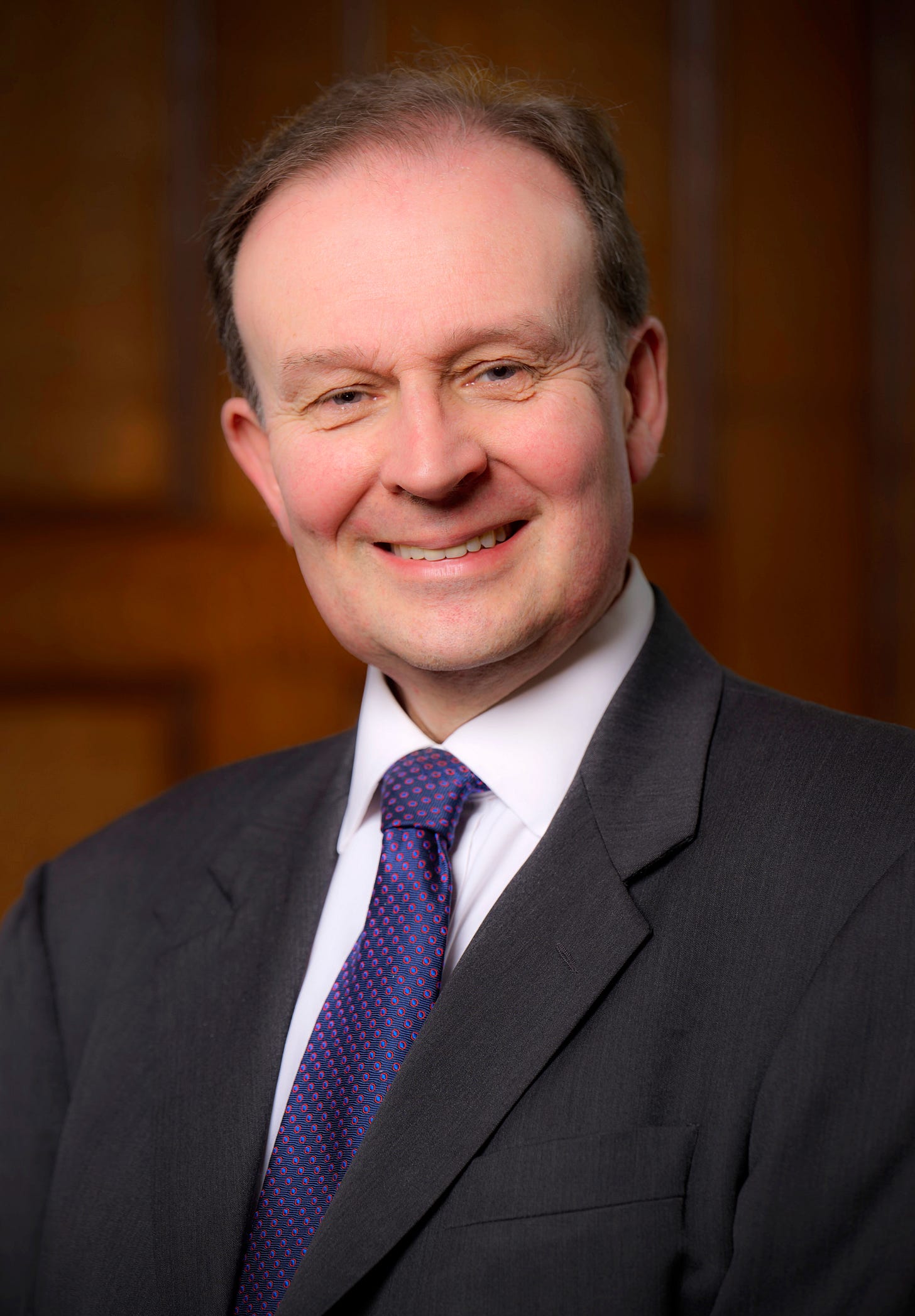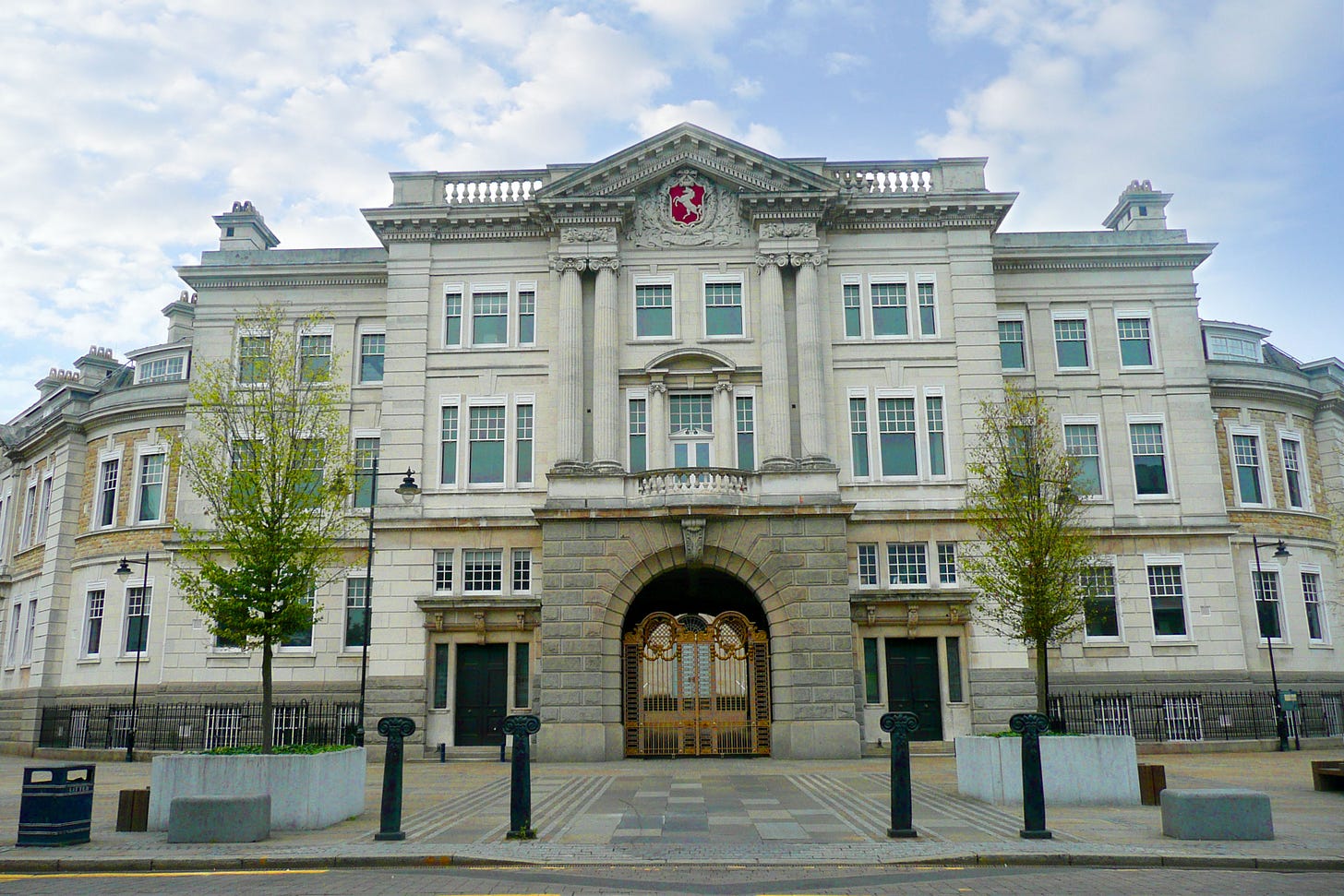Are councils democracy deniers amid race to devolution?
Kent among 18 councils to seek poll delay
While the debate around whether Kent should apply to the government to join a fast-track programme on devolution could, according to some, come at a cost to democracy.
The government is making no bones about the fact that its timetable for determining devolution deals will rub up against the local county council elections.
And to eliminate that clash, ministers are pondering whether it should postpone the county council and elections for mayors in one fell swoop.
So far, 18 councils have formally requested a delay in the election timetable and Kent is among them. They say - for the most part - that trying to implement possibly complex reorganisations at the same time as running elections would be too much.
It is not a decision that councils themselves can take: in a classic piece of legal engineering, the decision rests ultimately with the government but only if it receives representations from council themselves.
Cynics will point out that while the government is keen to be seen as a champion of freedom for councils, it also sometimes gets cold feet. And the politics at play here are that while this is not exactly a mid-term poll, voters would normally be getting themselves ready to take a swing at the incumbent party by voting for someone else or not voting at all.
And ministers have been out and about to argue that it would be a distraction to have that campaign taking place at the same time as campaigns for devolution and the possibility of elections for regional mayors.
Opposition councillors across the board smell a rat; and so too did the Conservatives but a different type of rat.
Labour, Lib Dem, Green and assorted independents have all questioned the government’s timetable which ministers have hinted might prove too tight to run the elections at the same time.
The opposition parties argued that it would be undemocratic to postpone polls and frustrate the will of the people keen to exercise their democratic right to have their say - although it is worth saying that while anything that undermines democracy is unwelcome, the turnout in these elections hovers around the 30% mark.
The Conservatives at KCC are coming at the issue from a different perspective, arguing that the devolution programme is too important to ignore and that there are real issues around trying to stage a local election at the same time.
That, coincidently, is what the government view is - with ministers saying they are ‘minded’ to postpone the council poll until 2026
The party politics at play here are that the Labour government is proving less popular than it had expected and a year’s breather could prove useful in trying to re-establish its credentials.
Listening to the recent county council debate on the Devolution White Paper, it was clear that many councillors of different stripes felt uncomfortable about the prospect of delayed elections.
However, the Conservative leader of KCC, Cllr Roger Gough said the decision would be the single most momentous in decades and on balance, facilitating debate on devolution was most important.
“Devolution is coming. The only question is how far we shape it, or let others shape it for us. It is, or soon will be, a reality across the country. Others are moving fast. And there are great opportunities for us, and for the residents we represent, in devolution. We need to seize them.”
The opposition parties believe postponing the election in May is rather convenient as it would spare the incumbent Conservative administration at County Hall the prospect of potentially losing control.
That is certainly seen as more than a threat with the Reform Party in the wings waiting to try to topple the Conservatives as its forerunner UKIP came perilously close to doing so in 2013.
Former Conservative leader Sir Paul Carter said reorganising councils as part of the devolution agenda was the most profound decision KCC would take in more than a century and would almost certainly “lead to the abolition of this great county.”
As a reluctant convert to the policy, he urged councillors to give the government the support needed to develop new systems, saying : “This is a bittersweet moment…but we should be excited and optimistic about shaping the future of local government in the county.”
Mark Hood, Green party leader, said he was concerned the rise in populism could deliver a mayor on a wave of reactionary sentiment.
Kent did not need a mayor - albeit a regional one - and if the services and activities that the government intended they should be in charge of was accurate, those left in the new model would not have much to do, he added.
It was a theme picked up by the leader of the Liberal Democrats group Cllr Antony Hook, who asked how it was that elected mayors could, under the government’s template, do something better than councils could currently.
There was, he said, no reason why the six-week period of campaigning in the election would compromise anything that councils might come up with under the devolution plans. He warned that the speed with which events were happening was like high pressure selling that councils themselves warned the public to avoid.
Politicians do dislike the idea of cancelling elections because of the way that might look to voters; but finding any degree of consensus around how long that a suspension might be considered acceptable is like the proverbial search for a needle in a haystack.
Would a year’s delay really do lasting damage to the democratic process? It seems unlikely but there is already a disconnect between those in government and the people they serve.
Conservative Cllr Rosalind Binks made a point that some of her colleagues privately share, namely most voters don't really care what kind of constitution or makeup of council is so long as services were delivered efficiently and costs were kept down.
That ultimately may prove to be the case. The only thing we can be certain of is that the government is clearly determined to press ahead with devolution deals regardless of the election timetable.



